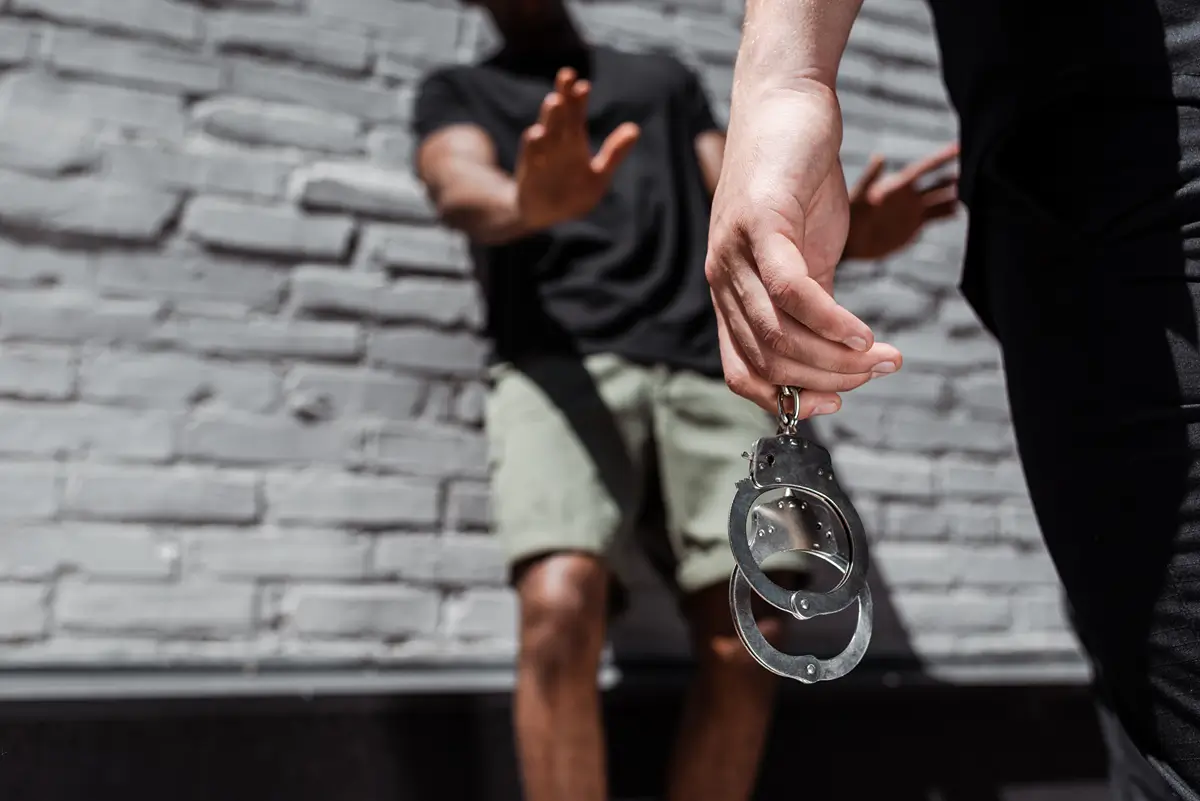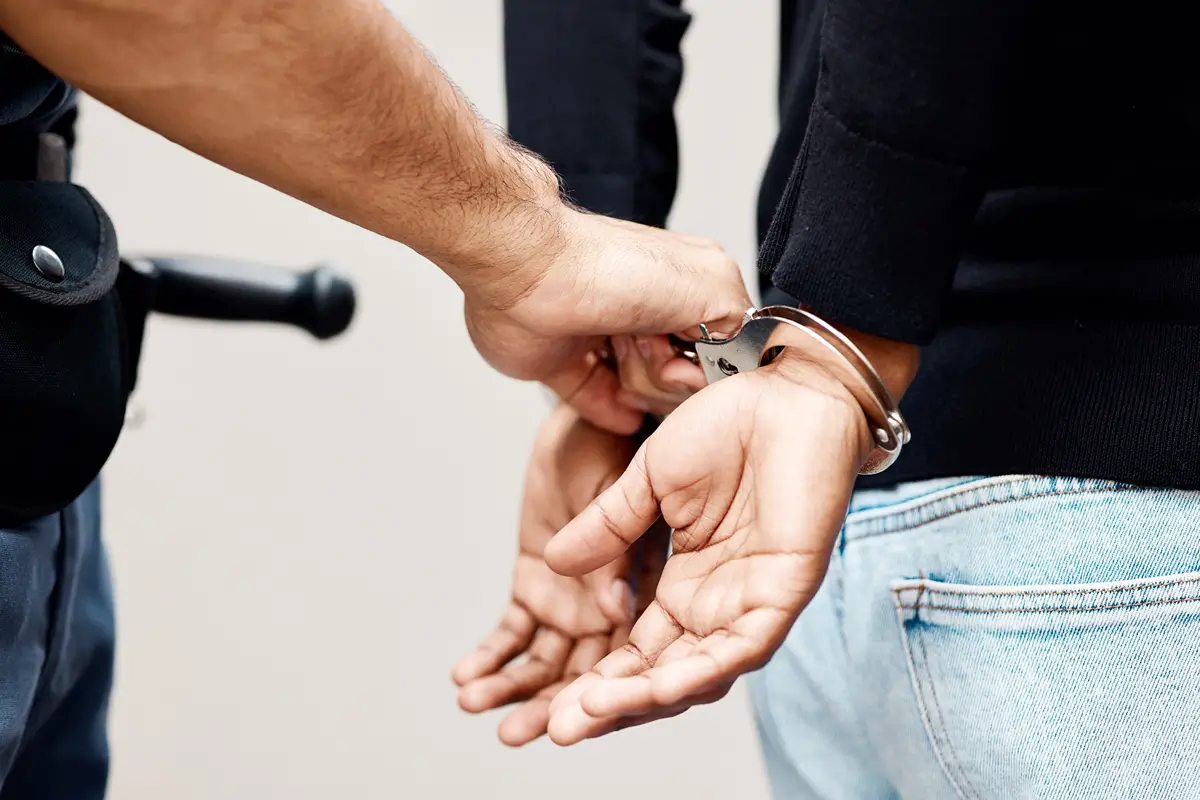How does an economic crisis affect criminal behavior? Economists and criminologists have debated the question for decades with no clear-cut answer.
Popular wisdom assumes that hard economic times bring a spike in crime under the theory that desperate people will turn to crime more readily to illegal means to support themselves or out of frustration. But statistics do not necessarily bear this theory out.
Economic Depression = Less Crime?
Many researchers examining the historical correlation between U.S. crime and the economy found that crime often decreases during tough economic times, and rises during economic booms.
For example, numerous analyses have shown that during the Great Depression, the U.S.’s worst economic downturn to date, overall crime rates steadily decreased after an initial surge of violent crime at the start of the period. Crime rates continued to fall even as 68 percent of Americans were at or below the poverty line in the late 1930s.
Data analyzing the Great Recession of the late 2000s, when unemployment was high and economic growth was sluggish, show a similar trend. The FBI Uniform Crime Reports show that both violent and property crimes decreased each year between 2007 and 2010–continuing a trend begun in the late 1990s.
By contrast, studies show that periods of economic booms can have high crime rates. The 1920s was a period of both great economic prosperity and very high crime. Similarly, even as the economy flourished after World War II, crime increased steadily throughout the 1950s and 1960s.
Other Points of View
However, some researchers say these analyses only tell part of the story. Even though overall crime during economic recessions tends to decrease, there is evidence that specific crimes may increase during certain periods of a financial crisis.
During the first few years of the Great Depression, violent crime surged. It only began to die down after 1934 after President Roosevelt initiated an anti-crime package and passed the New Deal economic programs. Similarly, at the start of the Great Recession, 44 percent of police agencies saw a spike in robbery, burglary, and motor vehicle theft. The offenses began to dwindle–in most, but not all places–as the Recession continued.
Other experts believe that examining the overall crime rate is not the right measure. These researchers have found that consumer perception of the state of the economy highly correlates with rising crime rates, particularly economically-motivated crimes such as robbery or property offenses. In other words, crime may rise when consumers perceive economic hardship, even if the general economy is doing well.
One thing is clear: the issue is hugely complex. It will take significant additional study to determine how the economy affects criminal behavior–and why.






